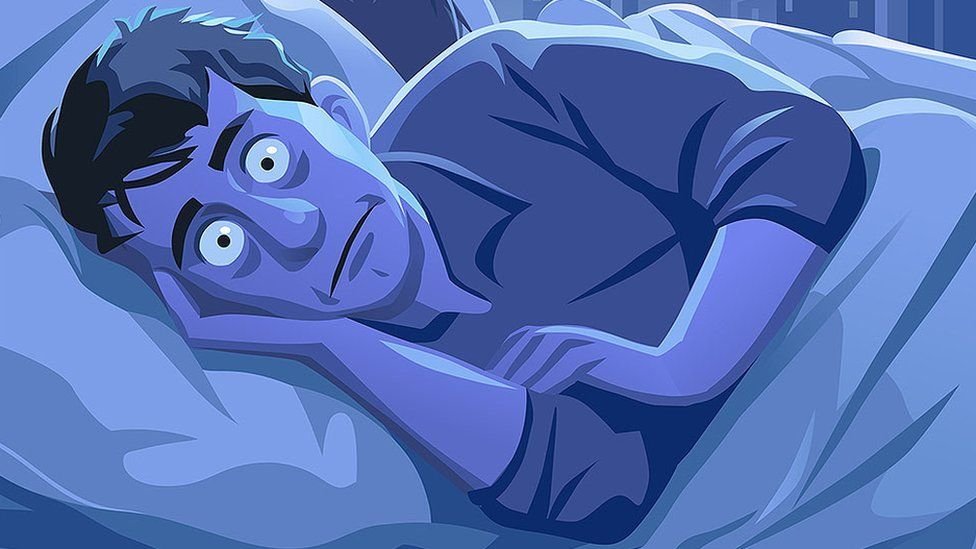What are the effects of sleeping on Parkinson’s disease?
It has been proven that sleep can as one of the most prevalent symptoms people suffering from Parkinson’s disease may experience in the end, and aren’t restricted to a single sleep disorder (Stefanie Hogle and Stefanie Hogle 2020). The most frequent sleep-related disorders that people who suffer from Parkinson’s disease might experience are sleeplessness, extreme sleepiness, restless legs syndrome that affects sleep quality, problems with REM sleep, vivid and vivid nightmares, sleep apnea in addition to sleep disruptions caused due to psychological issues like anxiety or depression (McNamara 2019,). Research suggests that some of the major factors that affect the quality of sleep of a person are shifts to the neurochemicals in the brain, as well as medications or symptoms of psychological nature (Cleveland Clinic 2021). The significant effect on sleep may hinder individuals’ ability to take part in the daily routine, and deprive the person of meaningful jobs that they love, and impact their overall quality of life.
Common Sleep Syndromes Defined
Sleeping disorders: insomnia is a type of sleep disorder that causes people to have trouble getting asleep, remaining asleep and then waking but not being able to get back to sleep (National Heart, Lung and Blood Institute 2022)
Excessive Daytime Sleepiness Acute Daytime sleepiness (EDS) impacts the person’s ability to be awake and active during times of time that are thought to be wake-time periods, as well as, feeling tired or overwhelmed by the desire to the nighttime time (Shen and al.,2018).
The Restless Leg Syndrome: Restless Leg Syndrome is a disorder that impacts the person’s legs that creates an inexplicably strong desire for them to walk. The most common time for this is during late evening or during periods of sleep, which can affect the person’s sleep quality (Pietrangelo in 2018,)
REM disturbances or vivid dreams: Individuals can experience unusual REM disturbances in their sleeping, which can result in frightening and vivid nightmares (Poryazova and co. 2013,). It can result in the person exhausted throughout the day and emotionally physically tired.
Sleep Apnea: Sleep apnea happens when an individual’s breathing stops then stops frequently throughout the time they sleep, leading to an excessive amount of snoring and gasping to breathe (National Heart, Lung and Blood Institute 2022)
Psychological Signs and Symptoms: People suffering from various psychological problems or symptoms, such as depression and anxiety may be more trouble sleeping, remaining asleep or feeling fully relaxed after having a good night’s sleep.
Tips To Help Improve Sleep Quality
Make a schedule for your sleep. Choose a specific time at which you will rise each day and fall asleep every evening. As an example, you can choose to get up around 8am, and then go to bed each night around 9 pm. Selecting a particular time of day to maintain your body’s schedule will prevent you from sleeping too much early in the day, avoid sleepiness during the day and ensure a peaceful evening sleep.
Limit Caffeine intake. Caffeine is known to have an influence on the rhythm of the circadian cycle in people who consume it prior to bedtime. It can also influence the ability of a person to rest during the time of night. Caffeine can also be regarded as diuretic, and it could boost the quantity of urine by the body. It can also wake awake throughout your night in order to go to toilets. Making the choice to use alternatives such as decaf tea and coffee, or cutting down on the intake of caffeine prior to bedtime may aid in reducing the effects of sleep disorders resulting from the excessive consumption of caffeine.
Exercise regularly. Exercise has been proven to benefit in the treatment of physical and psychological issues as well as rise your general mental health.
Reduce the amount of blue light you are exposed to before bed. Simple tasks like turning away your cell phone or shutting off your television time prior to bed may help to fall asleep.
Utilize a device to provide white background noise. Utilizing a device like the sound machine or fan will focus on providing an extra amount of white noise. This can benefit in removing distractions that can hinder you from falling asleep.
The room should be darkened. Utilizing things like blinds or eye masks could benefit to eliminate streetlights and the sun’s rays to benefit you rest more comfortably.
Clear your mind. Yoga or meditation before bedtime may benefit to relax your body and mind, and benefit relieve stress from your daily grind. There are apps you can download to your mobile device, for example the Calm application or Headspace Mindful Meditation. Many times, through these apps meditation books can be downloaded at no cost.
Consult your physician. Speak to your doctor about your symptoms so that they can assist you more effectively.



Add comment
You must be logged in to post a comment.